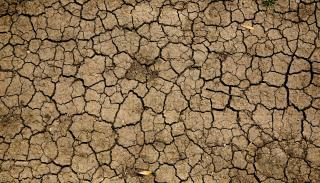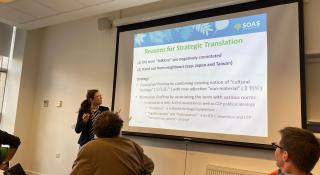
Breadcrumbs navigation
Indigenous peoples at the heritage–climate change nexus: Examining the effectiveness of UNESCO and the IPCC’s boundary work
In this short video abstract, author Pedram Rashidi discusses the key arguments from his new Review of International Studies article -'Indigenous peoples at the heritage–climate change nexus: Examining the effectiveness of UNESCO and the IPCC’s boundary work'.
Want to know more? You can read the full article at DOI: https://doi.org/10.1017/S0260210524000196
This particular article is open access, however BISA members receive access to all articles in RIS (and our other journal European Journal of International Security) as a benefit of membership. To gain access, log in to your BISA account and scroll down to the 'Membership benefits' section. If you're not yet a member join today.
Abstract
There is increasing recognition that Indigenous knowledges have considerable potential to enhance collective understandings of and improve responses to complex ecological threats, such as those to cultural heritage from climate change. At the same time, it appears that Indigenous peoples face structural barriers to participation in international organisations that advance knowledge about those problems. Using the conceptual framework of boundary organisations (BOs) theory and case studies of the Intergovernmental Panel on Climate Change (IPCC) and UNESCO, I argue that the lack of meaningful Indigenous engagement in international knowledge institutions is not just an ethical problem; it also undermines the effectiveness of their assessments. The future success of their boundary work partly depends on further engagement with Indigenous stakeholders. At least at the heritage–climate change nexus, the salience, legitimacy, and credibility of IPCC and UNESCO assessments require substantive Indigenous representation alongside other state/non-state parties. Successful experiences in biodiversity governance indicate that incorporating the principles of the United Nations Declaration on the Rights of Indigenous Peoples (UNDRIP) would enhance Indigenous engagement in UNESCO and the IPCC.
Image from Mike Erskine on Unsplash


